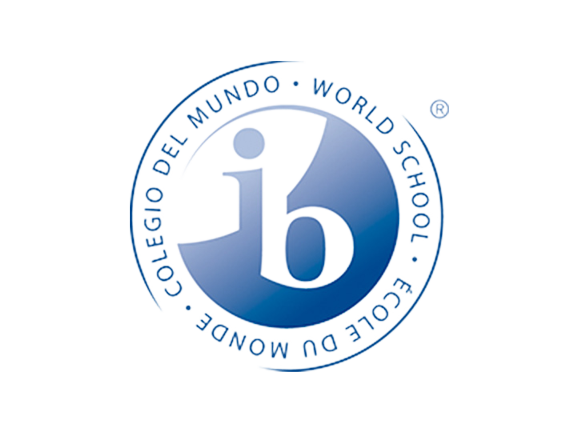What is TOK?
Theory of Knowledge (TOK) explores questions about knowledge and the process of knowing. TOK emphasises comparisons and connections between fields of knowledge and encourages students to become more aware of their own points of view and those of others.
The TOK course provides opportunities for students to explore and reflect on the nature of knowledge and the process of knowing.
TOK curriculum
- Core theme – Knowledge and the knower
- Optional themes. The course should cover any two:
- Knowledge and language
- Knowledge and politics
- Knowledge and indigenous societies
- Knowledge and technology
- Knowledge and religion
- Areas of knowledge:
- History
- Human Sciences
- Natural Sciences
- Mathematics
- the Arts
Objectives of the TOK course
- to encourage students to think about the central question: “How do we know this?” and to recognise the importance of formulating this question
- to teach students to question, to deal with uncertainty and to consider questions with multiple permissible answers
- to teach students to effectively navigate and understand the world, and to help prepare them to face new and challenging situations
- to encourage students to become more aware of their own views and to reflect critically on their own beliefs and assumptions
Assessment
The TOK exhibition assesses the student’s ability to show how TOK manifests itself in the world around us. The exhibition is an internal assessment; it is checked by the teacher and externally moderated by the IB.
The TOK essay is a formal and lengthy written work on a topic related to areas of knowledge. The essay is a component of external assessment; it is checked by IB examiners. The essay should be a maximum of 1600 words and contain one of the six suggested titles sent by the IB for each examination session.


